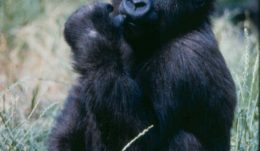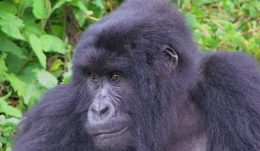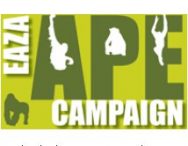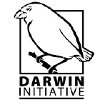- Locations: Cameroon
- Active dates: 2007 - 2013
Aims
Ensuring the long-term survival of the western lowland gorilla and its forest habitat across the region, through a combination of approaches including research into status and threats and improving wildlife management in timber concessions.
Species
Background
The species ranges across central Africa in the forests of Gabon, Cameroon, Equatorial Guinea, the Republic of Congo and Angola. Until recently it was thought that there was a single gorilla species with three subspecies (western lowland, eastern lowland and mountain gorillas) but DNA analysis revealed significant differences between eastern and western populations. Today, the western gorilla has two recognized subspecies: Gorilla gorilla gorilla (western lowland gorillas) and Gorilla gorilla diehli (Cross River gorillas). The most populous and wide-ranging is the western lowland gorilla but it is classified as Critically Endangered on the IUCN Red List due to a population decreased of over 60% in the past 25 years.
Actions
This project is working with logging companies to ensure that forests allocated to logging concessions contribute to the conservation of wildlife in the Congo Basin’s forests. This is done through the developing of comprehensive wildlife management plans, building capacity of companies and government to implement these plans, and involving local communities in managing their forest resources.
Gallery



Achievements
In 2007, ZSL formed a partnership with two timber producers (Pallisco and SFID) who manage over 6,000km² of forest
Surveys produced information on home ranges of 10 mammal species and specific ways to manage 125,000ha of forest
Areas of High Conservation Value identified and recommendations for management
CyberTracker© was implemented in both timber companies to monitor illegal activities and the presence of rare and endangered mammals
Four wildlife monitoring training modules were developed and 13 timber company staff members attended training workshops
Over 600 leaflets with information on preventing the spread of diseases among humans and apes have been distributed among timber company employees and local villagers
Awareness campaigns (in conjunction with ASTEVI) reached more than 6,500 forest dependant people.
Workshop held to bring together national and international stakeholders involved in the timber industry, wildlife conservation and government to promote best practice in forest management
One poacher was prosecuted and is serving a prison sentence




